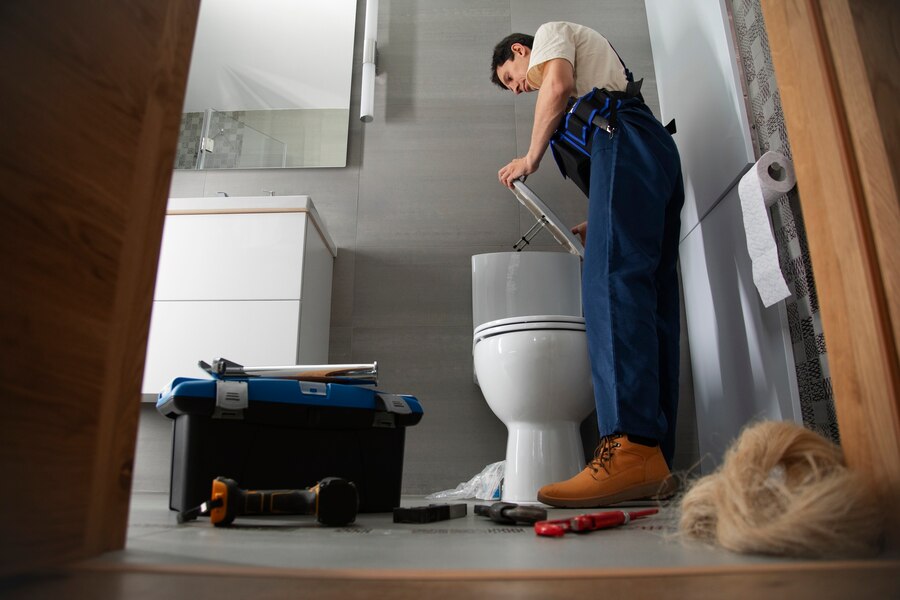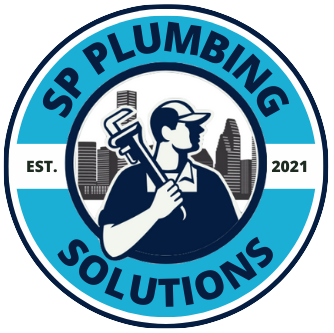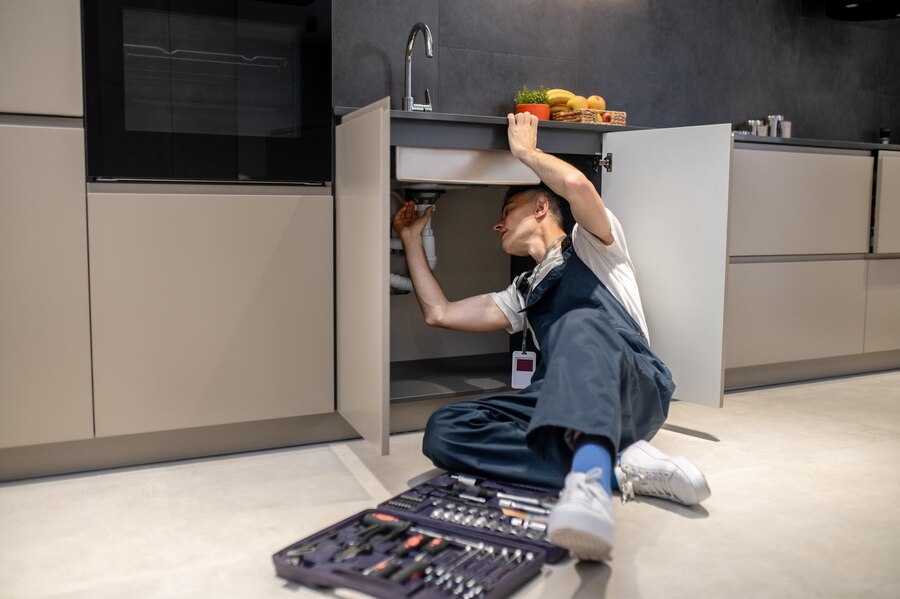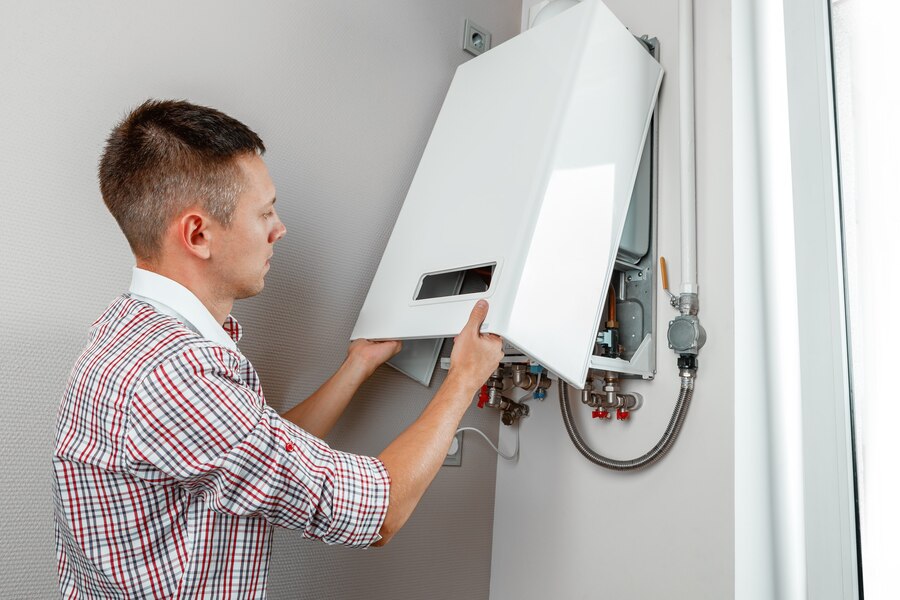Expert Advice on Tackling Drain Repair and Cleaning Challenges

Navigating the labyrinthine world of drain repair and cleaning challenges can often feel like plumbing purgatory for homeowners. From stubborn clogs to mysterious leaks, these issues can wreak havoc on both your sanity and your plumbing system. Fear not, however, for expert guidance is at hand. In this comprehensive guide, we delve into the depths of drain maintenance and restoration, offering invaluable insights from seasoned professionals. Whether you’re facing a minor blockage or a full-scale plumbing catastrophe, empower yourself with the knowledge and strategies to conquer any drain-related dilemma with confidence.
Understanding Common Drain Problems
Common drain problems can range from minor inconveniences to major plumbing emergencies. Some of the most frequent issues include clogs, leaks, foul odors, and slow drainage. Clogs often occur due to a buildup of hair, grease, food particles, or other debris in the pipes, obstructing the flow of water. Leaks can develop from corroded pipes, loose fittings, or damaged seals, leading to water damage and mold growth if left unchecked. Foul odors emanating from drains are typically caused by bacteria and organic matter accumulating in the pipes. Slow drainage may indicate a partial blockage or a more serious underlying issue with the plumbing system. By understanding these common drain problems, homeowners can better identify and address issues before they escalate into larger problems.
Identifying the Root Causes of Blockages
When dealing with drain blockages, it’s essential to identify the root causes to effectively address the problem. Blockages can occur for various reasons, including the accumulation of hair, soap scum, grease, food particles, or foreign objects in the pipes. Tree roots can also infiltrate sewer lines, causing stubborn blockages and damaging the pipes. By pinpointing the specific cause of the blockage, homeowners can choose the most appropriate cleaning method and take steps to prevent future blockages. This may involve using a drain snake or auger to remove debris, using enzymatic cleaners to break down organic matter, or scheduling professional hydro-jetting to clear out tree roots and stubborn blockages.
Exploring Advanced Drain Cleaning Techniques
In addition to traditional drain cleaning methods like plunging and chemical cleaners, there are several advanced techniques available for tackling stubborn blockages and maintaining clean drains. Hydro-jetting, for example, uses high-pressure water jets to blast away debris, grease, and tree roots from the inside of the pipes, leaving them clean and clear. Video camera inspection allows plumbers to pinpoint blockages and identify underlying issues with the plumbing system, enabling targeted repairs and preventative maintenance. Biological drain cleaners use enzymes and bacteria to break down organic matter, making them an eco-friendly alternative to harsh chemical cleaners. By exploring these advanced drain cleaning techniques, homeowners can effectively address even the toughest drain problems and keep their plumbing system in optimal condition.
Consulting with Professional Plumbers
When faced with complex drain problems or recurring issues, it’s often best to consult with professional plumbers who have the expertise and equipment to tackle the job effectively. Professional plumbers can accurately diagnose drain problems, identify underlying issues with the plumbing system, and recommend the most appropriate solutions. Whether it’s removing stubborn blockages, repairing damaged pipes, or performing preventative maintenance, plumbers can provide valuable insights and advice to keep your drains clean and functional. Additionally, hiring a professional plumber can save you time, effort, and frustration by ensuring that the job is done right the first time, minimizing the risk of further damage or costly repairs down the line.
Preventative Maintenance Strategies
Preventative maintenance is key to keeping drains clean and free-flowing and preventing costly plumbing problems down the road. Simple habits like avoiding pouring grease down the drain, using drain strainers to catch hair and debris, and flushing drains with hot water and vinegar can help prevent clogs and keep pipes clear. Regular inspections and maintenance checks by a professional plumber can also catch minor issues before they escalate into major problems, saving you time and money on repairs. By implementing preventative maintenance strategies, homeowners can prolong the life of their plumbing system and enjoy peace of mind knowing that their drains are in optimal condition.
Addressing Persistent Drain Odors
Persistent drain odors can be both unpleasant and indicative of underlying issues with the plumbing system. These odors are often caused by bacteria and organic matter accumulating in the pipes, producing foul-smelling gases that waft back into the home. To address drain odors, start by cleaning the drains with a mixture of baking soda and vinegar to break down organic matter and eliminate odors. You can also try pouring boiling water down the drain to flush out bacteria and debris. If the odor persists, there may be a more serious issue with the plumbing system, such as a leak or a blockage in the sewer line, requiring professional inspection and repair.
Dealing with Slow Draining Fixtures
Slow-draining fixtures are a common plumbing problem that can be caused by various factors, including clogs, mineral buildup, or improper installation. To address slow drainage, start by removing any visible debris or hair from the drain using a drain snake or plunger. Next, try flushing the drain with hot water and vinegar to dissolve mineral deposits and grease buildup. If the problem persists, there may be a more serious issue with the plumbing system, such as a blockage in the sewer line or improper venting, requiring professional attention. By addressing slow-draining fixtures promptly, you can prevent further damage to the plumbing system and ensure smooth drainage throughout your home.
Handling Drainage Issues in Older Homes
Older homes often present unique challenges when it comes to drainage issues due to aging plumbing systems, deteriorating pipes, and outdated fixtures. Common problems in older homes include corroded pipes, tree root intrusions, and inadequate drainage systems, which can lead to slow drainage, leaks, and other issues. To address drainage issues in older homes, it’s essential to conduct a thorough inspection of the plumbing system to identify any potential problems and determine the most effective solutions. This may involve repairing or replacing damaged pipes, upgrading to more efficient fixtures, or installing a modern drainage system to improve flow and prevent backups. By addressing drainage issues in older homes proactively, homeowners can preserve the integrity of their plumbing system and enjoy reliable drainage for years to come.
Utilizing Specialized Drain Cleaning Equipment
When traditional drain cleaning methods are ineffective, specialized drain cleaning equipment can provide a more thorough and efficient solution. Hydro-jetting, for example, uses high-pressure water jets to blast away stubborn blockages, grease buildup, and tree roots from the inside of the pipes, leaving them clean and clear. Drain snakes or augers with rotating blades can also be used to break up clogs and remove debris from the pipes. Additionally, video camera inspection equipment allows plumbers to pinpoint blockages and identify underlying issues with the plumbing system, enabling targeted repairs and preventative maintenance. By utilizing specialized drain cleaning equipment, homeowners can ensure that even the toughest drain problems are resolved quickly and effectively.
Evaluating the Health of Your Plumbing System
Regularly evaluating the health of your plumbing system is essential to prevent costly repairs and maintain efficient drainage throughout your home. Start by inspecting visible pipes and fixtures for signs of leaks, corrosion, or damage, such as rust spots, water stains, or dripping faucets. Check for unusual noises or odors coming from drains, which may indicate underlying issues with the plumbing system. Schedule regular maintenance checks with a professional plumber to inspect hidden pipes, test water pressure, and identify any potential problems before they escalate. By evaluating the health of your plumbing system regularly, you can catch minor issues early and avoid major plumbing emergencies down the line.
Tips for Maintaining Clean and Clear Drains
Maintaining clean and clear drains is essential to prevent clogs, backups, and other plumbing problems. Start by using drain strainers or guards to catch hair, food particles, and other debris before they can enter the pipes. Avoid pouring grease, oil, or coffee grounds down the drain, as these substances can solidify and cause blockages. Flush drains with hot water and vinegar regularly to dissolve buildup and keep pipes clean. Consider using enzymatic drain cleaners or biological additives to break down organic matter and prevent odors. By following these tips for maintaining clean and clear drains, homeowners can prolong the life of their plumbing system and avoid costly repairs.
Overcoming Grease and Soap Buildup Challenges
Grease and soap buildup are common culprits behind clogged drains and foul odors in the kitchen and bathroom. Grease from cooking oils, butter, and fatty foods can solidify in the pipes, causing stubborn blockages and reducing water flow. Soap scum from shampoo, body wash, and dish soap can accumulate on the walls of the pipes, trapping hair and debris and leading to slow drainage. To overcome grease and soap buildup challenges, avoid pouring grease down the drain and use enzyme-based cleaners or hot water and vinegar to dissolve buildup and keep pipes clean. Consider installing a grease trap or drain strainer to catch grease and prevent it from entering the pipes. By addressing grease and soap buildup proactively, homeowners can prevent clogs and keep their drains flowing smoothly.
Mastering the art of drain repair and cleaning is essential for maintaining a healthy plumbing system and preventing costly emergencies. By understanding common drain problems, consulting with professional plumbers, and implementing preventative maintenance strategies, homeowners can keep their drains clean and clear for years to come.
Remember, when faced with stubborn blockages or persistent odors, don’t hesitate to contact SP Plumbing Solutions at 281-727-6798. Whether you’re building a new home or need assistance with a service call, our team is here to provide expert advice and reliable plumbing solutions. Trust us with your plumbing needs, and we’ll ensure you’re treated right every step of the way.


